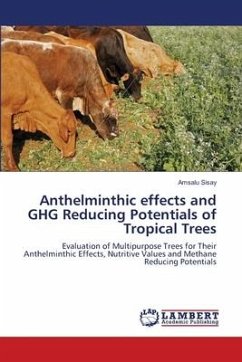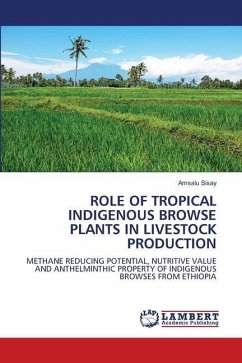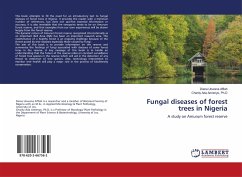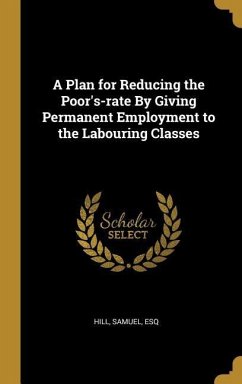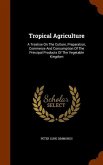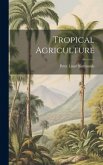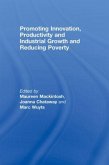Multipurpose trees (browse plants) play a significant role in nutrition of ruminants in tropical regions. Browse plants, because of their resistance to heat, drought, salinity, alkalinity and grazing, are the major feed resources during the dry season. In addition, a major advantage of browse plants over grasses is their higher crude protein content. This makes them promising supplements to crop residues and poor quality natural pasture based diets. Tropical browse plants have been also reported to reduce methane (CH4) emission by ruminants, reduce gastro-intestinal parasite (GIP) burden and increase parasitized animal performance. It is, therefore, imperative to evaluate nutrient composition, in vitro gas and methane production potentials, in vitro and in vivo anthelmintic properties of the indigenous browse plants in order to screen and recommend best indigenous browses with optimum nutritional value and minimum methane production potentials. This work was, therefore, designed to assess the nutritional values, methane reduction potential, in vitro and in vivo anthelmintic properties of indigenous browses from the Rift Valley of Ethiopia.
Bitte wählen Sie Ihr Anliegen aus.
Rechnungen
Retourenschein anfordern
Bestellstatus
Storno

